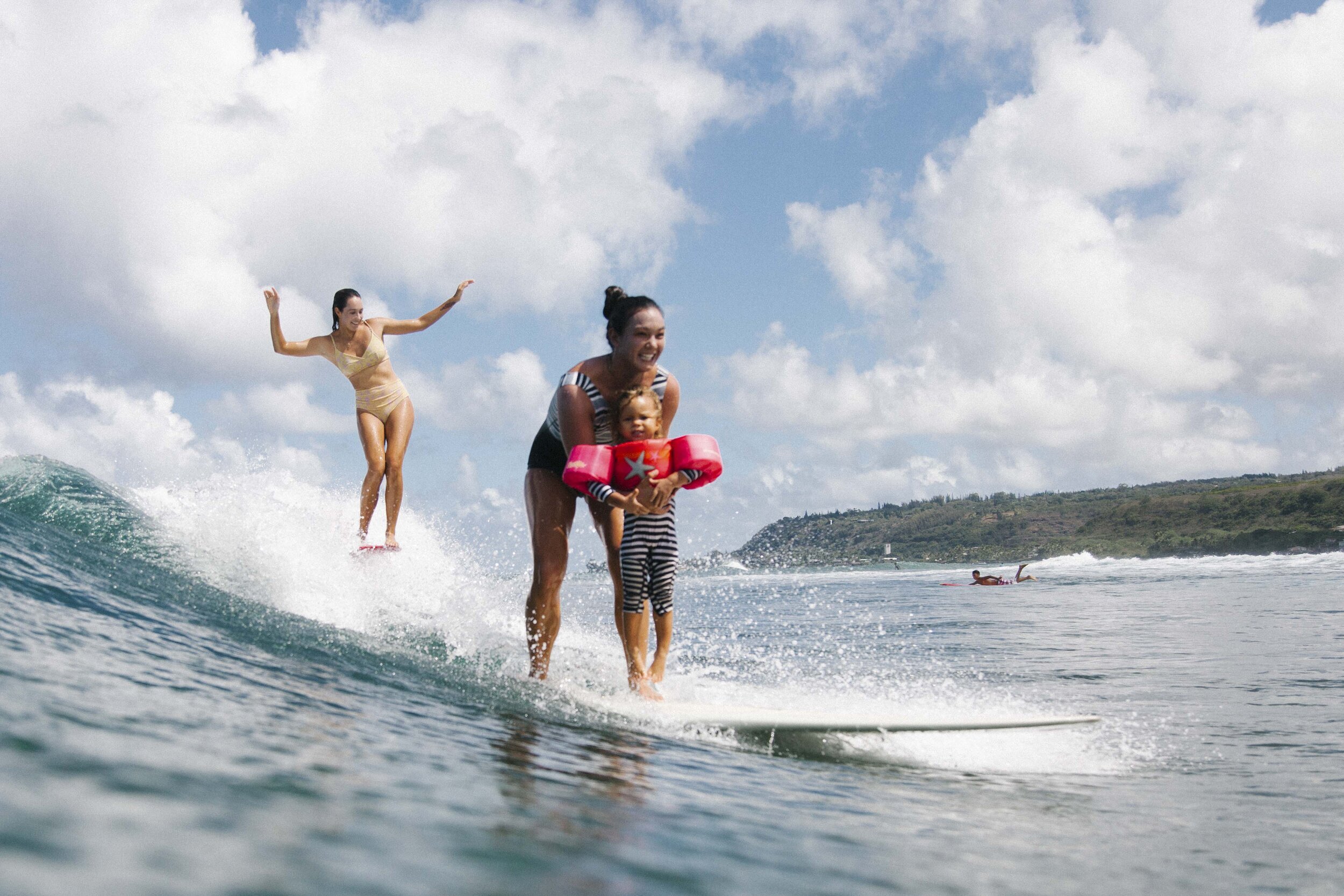The Panera Bread Blue Ocean
A critical question about Blue Ocean Strategy is whether its ideas are prescriptive or merely descriptive. That is, is there a recipe to find, define, and attack an uncontested market space? Or are they only visible after they appear, like a field of dreams? Au Bon Pain’s metamorphosis into Panera Bread shows how one blue ocean was built.
Au Bon Pain had found an unmet need for fine fast food that drove its growth. But Shaich felt high-quality sandwiches were not enough. He kept searching for a deeper trend.
Shaich knew that after World War Two, fast food restaurants exploded. By 1990 there were 60,000 drive-throughs in America. Fast food had become “self-service gas stations for the human body.”
He discovered the Saint Louis Bread Company. Their 19 stores were doing as much volume in the suburbs as Au Bon Pain stores did in the city. Their real estate cost half as much. He bought the company for $23 million, initially as a suburban extension of Au Bon Pain.
Shaich dug deeper.
He spent two years on the road in his new stores. The Saint Louis Bread Company had more than fast, good food; they provided a new experience. Their stores were a comfortable place to hang out, like Starbucks with space. You could do an interview, hold a Bible study group, or have a team meeting. Saint Louis bread Company restaurants were a field of dreams for families, work colleagues, and neighbors to meet.
Shaich had found his blue ocean. It took years of searching and seeing the full picture: a specialty bakery with great, fast food, where you could relax.
But Shaich found that customers associate Saint Louis with Clydesdales. So he renamed his field of dreams “Panera Bread.”
Are blue ocean strategies merely descriptive, visible only after the fact? I don’t think so. Steve Jobs said, “You can’t connect the dots looking forward; you can only connect them looking backward, so you have to trust that the dots will somehow connect in your future. You have to trust in something—your gut, destiny, life, karma, whatever. This approach has never let me down, and it has made all the difference in my life.”
Shaich created a blue ocean by trusting his gut, destiny, and experience. But that wasn’t the end of the story. Au Bon Pain was swimming in four oceans at once. Something had to give.
A blue ocean delivers a new experience—like surfing for families!
Luki O’Keefe. New Era Collection.
This post is part of a series of entrepreneurial lessons from Panera Bread. Subscribe below for updates as each is released.

